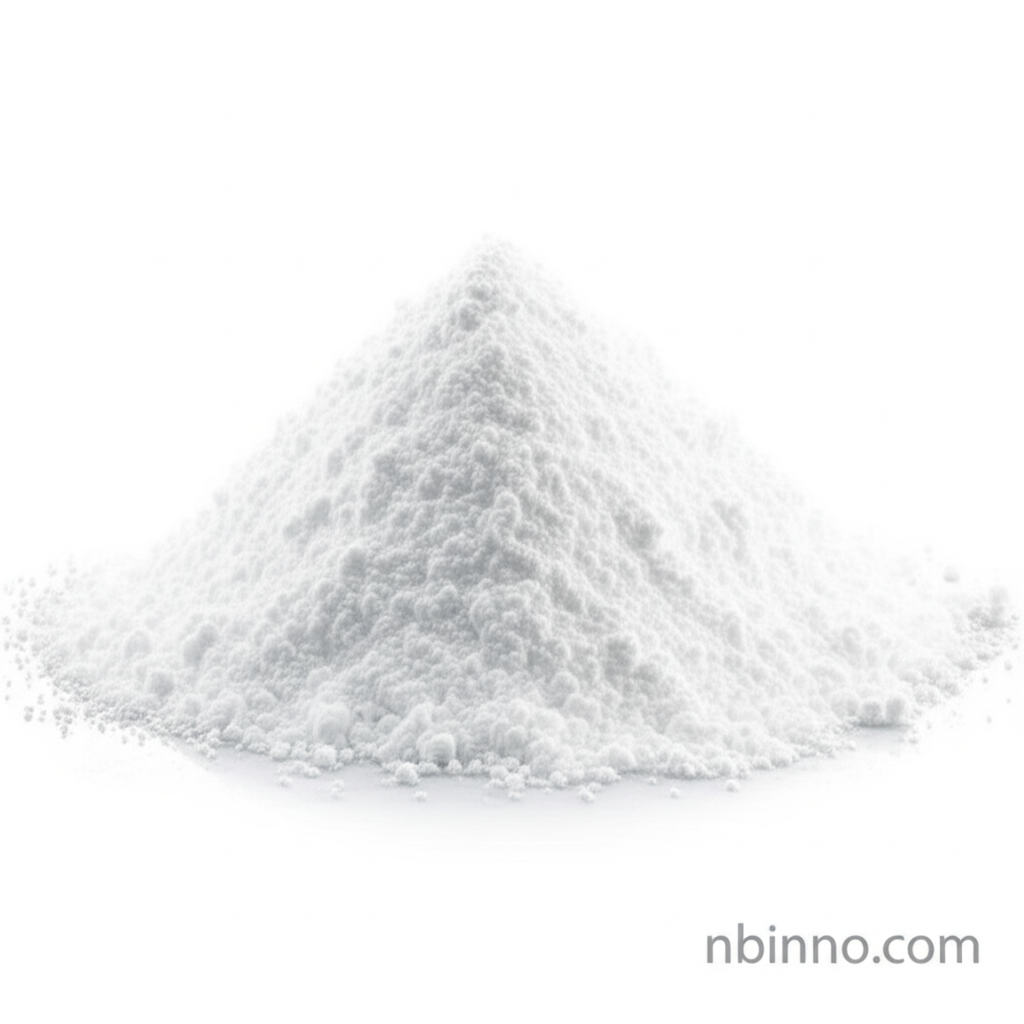Cristobalite: A High-Temperature Silica Polymorph
Explore the unique properties and industrial significance of Cristobalite (CAS 14464-46-1), a vital silica material for demanding high-temperature applications. Discover its role in ceramics and beyond.
Get a Quote & SampleUnderstanding Cristobalite (CAS 14464-46-1)

Cristobalite
Cristobalite, identified by its CAS number 14464-46-1, is a critical high-temperature polymorph of silica (SiO2). Formed at temperatures exceeding 1470°C, it remains stable under rigorous thermal conditions, making it an indispensable material in various industrial sectors. As a trusted supplier in China, we offer high-quality Cristobalite to meet your specific needs. Its excellent chemical resistance and hardness are key attributes.
- High-temperature silica uses: Cristobalite is a vital component in industries requiring materials that can withstand extreme heat, such as advanced ceramics and glass manufacturing.
- Cristobalite properties: This silica polymorph is known for its hardness, chemical inertness, and a generally colorless or white appearance.
- Safety of inhaling cristobalite dust: While beneficial in industrial applications, it's crucial to be aware of the health risks, particularly silicosis, associated with inhaling fine cristobalite dust.
- Cristobalite applications in ceramics: Its thermal stability makes it a preferred material for refractory linings and other high-temperature ceramic components.
Key Advantages of Cristobalite
Exceptional Thermal Stability
Leveraging high-temperature silica uses, Cristobalite is engineered to perform under extreme thermal stress, ensuring reliability in demanding environments.
Superior Hardness and Resistance
The inherent hardness and robust chemical resistance of Cristobalite make it an excellent choice for abrasive materials and applications requiring durability.
Versatile Industrial Applications
From advanced ceramics to precision glass manufacturing, the unique cristobalite properties enable its use across a wide spectrum of industrial processes.
Key Applications
Ceramics Manufacturing
The exceptional thermal stability of Cristobalite makes it a cornerstone in the production of high-performance ceramics, essential for cristobalite applications in ceramics.
Glass Production
Cristobalite's properties are leveraged in glass manufacturing processes, contributing to the quality and durability of the final glass products.
Abrasive Materials
Its inherent hardness makes Cristobalite a valuable component in the formulation of various abrasive materials, utilized for grinding and polishing.
High-Temperature Refractories
The material's ability to withstand extreme temperatures is critical for refractory applications, protecting industrial furnaces and kilns.
